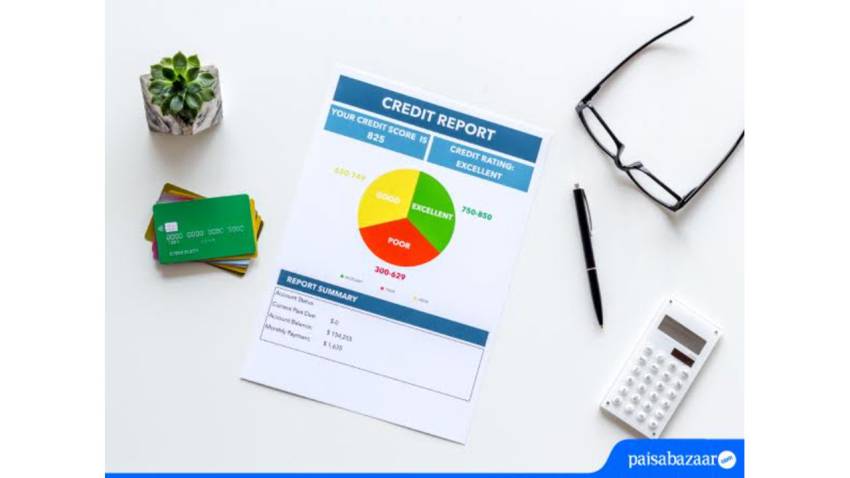Financial Planning Tips for Young Adults in India

New Delhi : Financial planning holds utmost importance for young and earning adults in India to help them take appropriate decisions related to their spending and investments. For millennials, now is the correct time to start making informed life’s decisions, such as buying a car, purchasing a home, investing in the financial market or even getting married. If you plan your path right, it can lead you to financial success, along with a secured life ahead. Sooner you plan to save money, wealthier you will be after retirement.
What is Financial Planning?
Financial Planning is an efficient and systematic process to achieve your life’s goals, strategically, as well as logically. This process is primarily related to your money and funds management. Financial planning helps you to control your earnings, savings, investments and expenditure to secure your financial future. This process is an in-depth analysis of your short-term and long-term income and future expectations.
Tips for efficient financial planning for young earners
In todays fast pace world of growing economy and technology, millennials and young adults should be well aware of the essential financial planning tips, as discussed further to attain financial freedom.
Enhance your CIBIL Score
Improve your CIBIL score to increase your creditworthiness and financial stability. Higher your CIBIL score is; more are the chances of loan or credit card approvals. Good CIBIL score makes you eligible to avail various credit products, such as credit cards, personal loan, start-up loan, micro loan, auto loan, student loan, etc. at competitive interest rates. Pay all your existing loan EMIs and credit card dues in time to improve your CIBIL score.
Manage your expenditure prudently
Try managing your salary by creating a budget, as without it you shall not be able to control your cash flow. To create an efficient budget, you need to differentiate between fixed expenditure and variables, such as unavoidable expenses to avoidable or non-urgent to urgent. Making a list of necessities shall help you better manage your salary. Once you have a streamlined way of spending, you can use your balance money for leisure, entertainment or other priorities.
Open and manage a savings account
There should be at least some amount of your salary to be saved every month. Let assume that you are willing to save at least 40% of your monthly income. Therefore, for that you need to open a savings account in any of your desired public or private sector banks. It is recommended that in your early earning stages of life, you need to save at least half of your net monthly income to lead a comfortable future. Adding money to your savings account will make sure that you are well prepared for unforeseen circumstances.
Start investing at the earliest
Investing reduces the risk of losses. You need to add assets under your name and have various options of investing in mutual funds, fixed deposits, small saving schemes, gold, commodities, etc. You can also opt for long-term investments, as they offer decent interest rates that help in compounding your money. Various online platforms offer assistance regarding investment options to help you assess the risks and benefits involved.
Learn about Taxes
You also need to be aware of the amount of gross monthly income that will be deducted in the form of taxes. Your net in-hand salary after tax deduction shall be sufficient for your monthly expenditure. Know about the new income slabs that you fall under followed by the tax percentage for better understanding of the tax system. Learn more about tax exemptions mentioned in various sections under the new tax regime, as stated by the Indian Tax Department for the FY 2023-24.
Useful Tips:
Financial planning, budgeting and investments should be attained at an early earning age of your life. These steps, if followed diligently can lead to a secured financial long-term progress. Whenever you want to start, the first step you need to take is check and download your CIBIL report to be aware of your creditworthiness and repayment history for the bank/NBFC or other financial institutions to analyse while offering you money. Do not worry if you are new to credit or do not have any credit history, you can start building it by applying for a secured credit card or loan against fixed deposit.








